Republic Bank Explores Partnership Opportunities at UEW
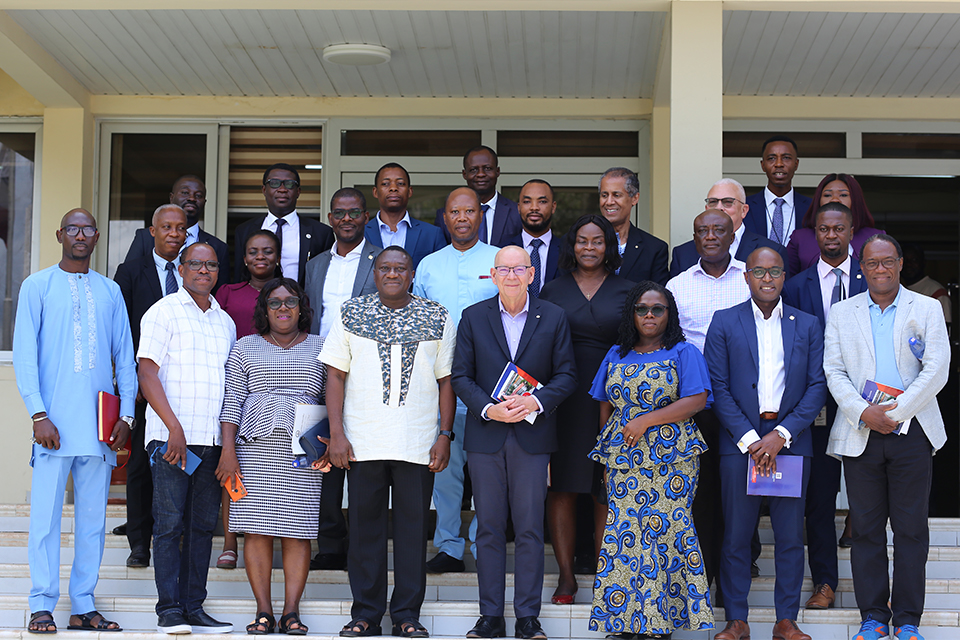
The Management of the University of Education, Winneba (UEW) has received a 17-member high-powered delegation from the Republic Bank PLC to discuss potential collaboration options.
The meeting, which took place at the Council Chamber, North Campus, UEW, attracted Directors of Republic Bank PLC, who were on campus to fortify relations between the two organisations and to explore possibilities in several areas, including infrastructure development, the provision of specialised training for industry-related personnel, and many others.
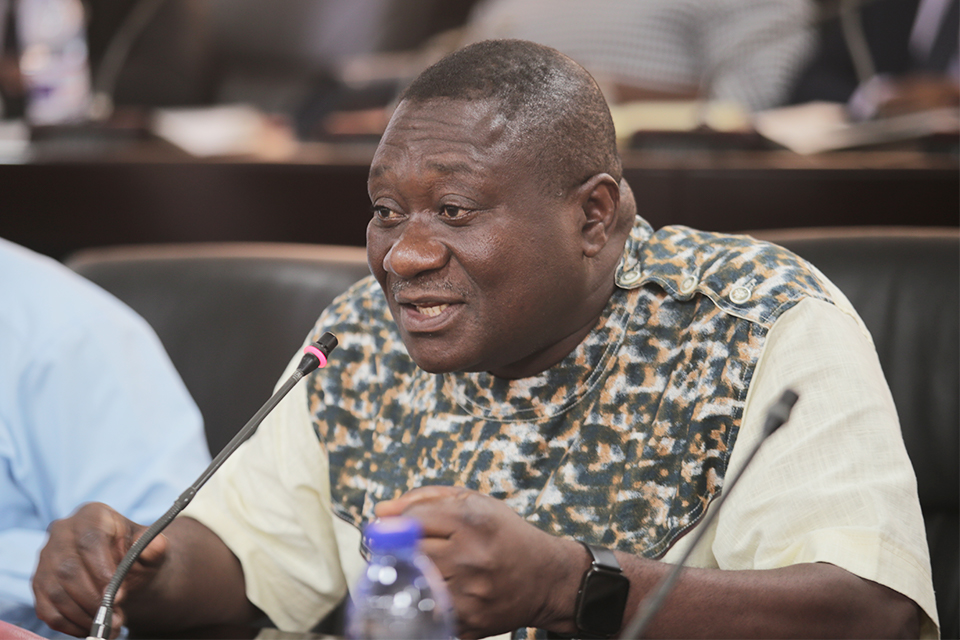
The Vice-Chancellor, Prof. Mawutor Avoke, praised the bank for its continuous support of the university. He lauded the Board of Directors’ interest in the university as exhibited in their visit to the university to learn more about its operations.
A member of the Board, Nigel Baptiste, underscored the bank's strong relationships with universities throughout all the countries where it operates. He mentioned a few universities that Republic Bank PLC had partnered with and informed UEW that the bank is ready to conduct substantial business with the university pursuant to its Sustainable Development Goal (SDG).
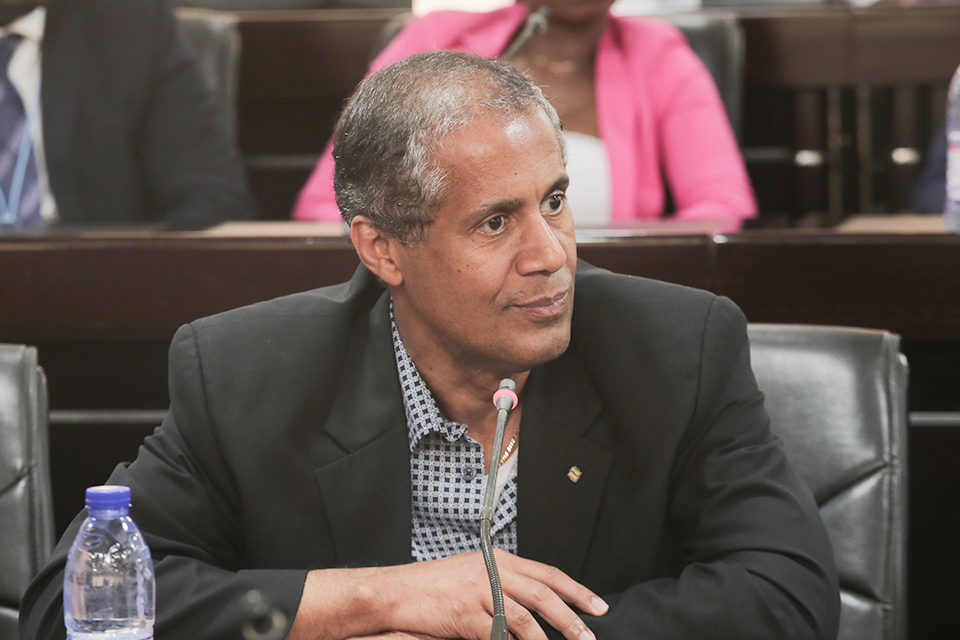
“We often look for possibilities to collaborate with universities because we believe that people's development is crucial to the development of the society in which we operate. Whatever the opportunity, the Board looks to find it and collaborate with academic institutions to try and give our citizens that kind of exposure,” he emphasised.
The Managing Director of Republic Bank, Benjamin Dzoboku, disclosed that one of his organisation's SDGs is in education, thus it is necessary to figure out how to collaborate with UEW in that direction.
"I'd like to point out that Republic Financial Holding is a bank with a total asset value of 70 billion cedis, making it the largest and most profitable bank in the country. We have been in the system for over 187 years, which means that we are unique in our services. My senior executives would like to understand a few things about education in Ghana and how your institution is helping to drive this agenda. We'd as well as want to know some of your challenges and opportunities that we have in your space that we can work on for mutual benefits," he said.
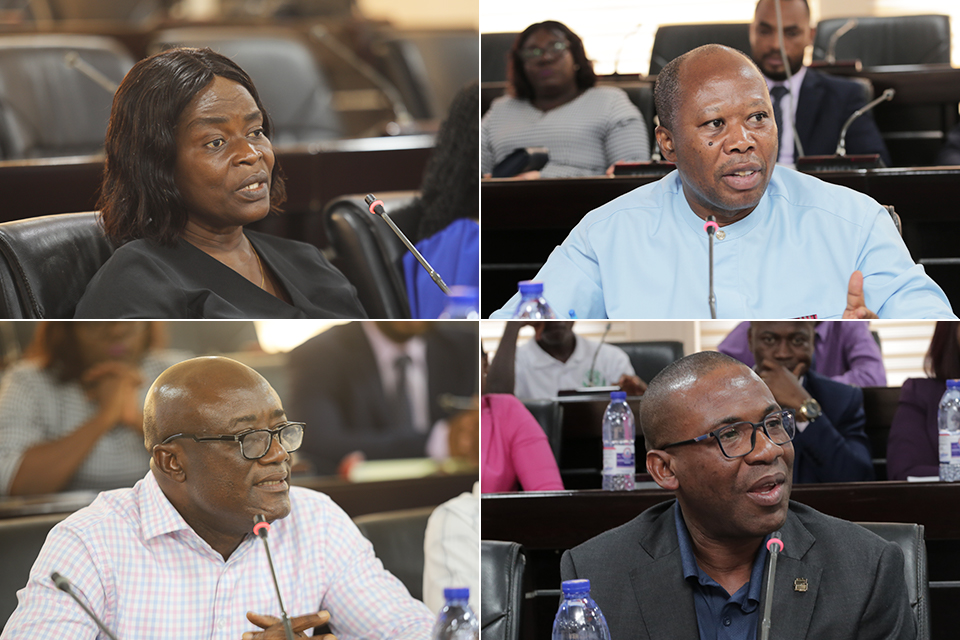
The Ag. Registrar of UEW, Mrs. Wilhelmina Tete-Mensah, on her part, provided an overview of the university's administration, faculty, programmes, research centres, collaborations, and vision and mission.
The Dean, Centre for International Programmes, UEW, Prof. Charles Assuah, highlighted the role of his outfit as the hub of international programmes in the university.
The Finance Officer of UEW, Dr. Theophilus Senyo Achorlie, spoke extensively about the university's demographic and history, housing issues for students and staff, learning and other complementary infrastructure development and other potential business opportunities. He commended Republic Bank PLC for its role in the building of 10,000-bed facilities for students.
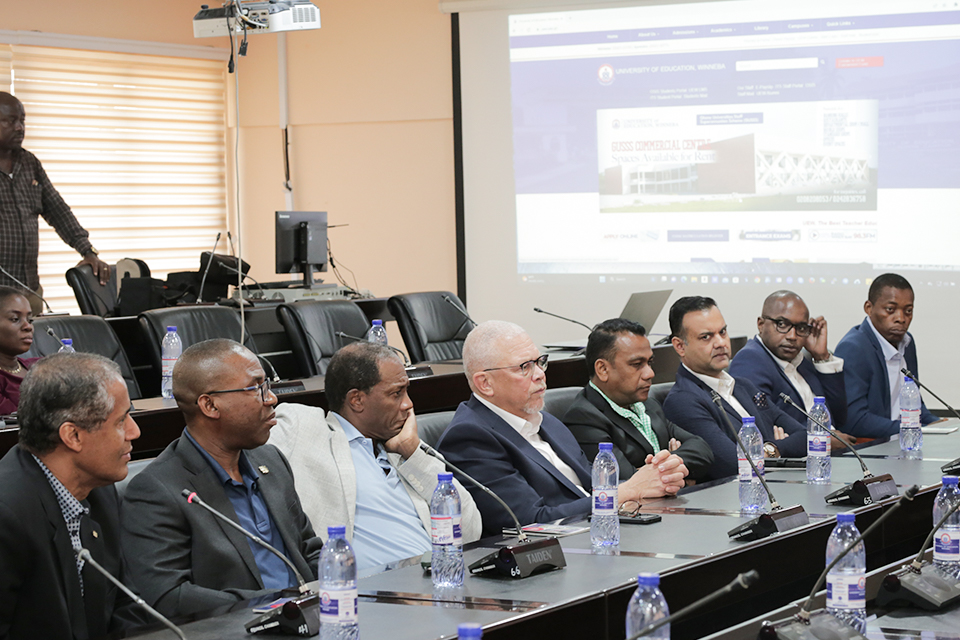
"We noticed that accommodation for both staff and students, residential and academic, was grossly inadequate. For example, only 6% of our students live on campus. Out of the total 38,931 students who are on campus, only 2,505 are in residence. 36,426 are on their own. Some are in Kasoa and nearby towns.
"To correct the infrastructure deficiency, we embarked on some massive infrastructure projects. The aim was to bring 10,000 students back to campus. When accommodating those students, you must also provide for other needs. So, three hostels with a capacity of about 3,300 students each were initiated to bring 10,000 students to campus. So, we are ready for this partnership to enable us to construct more hostels for students," he averred.









